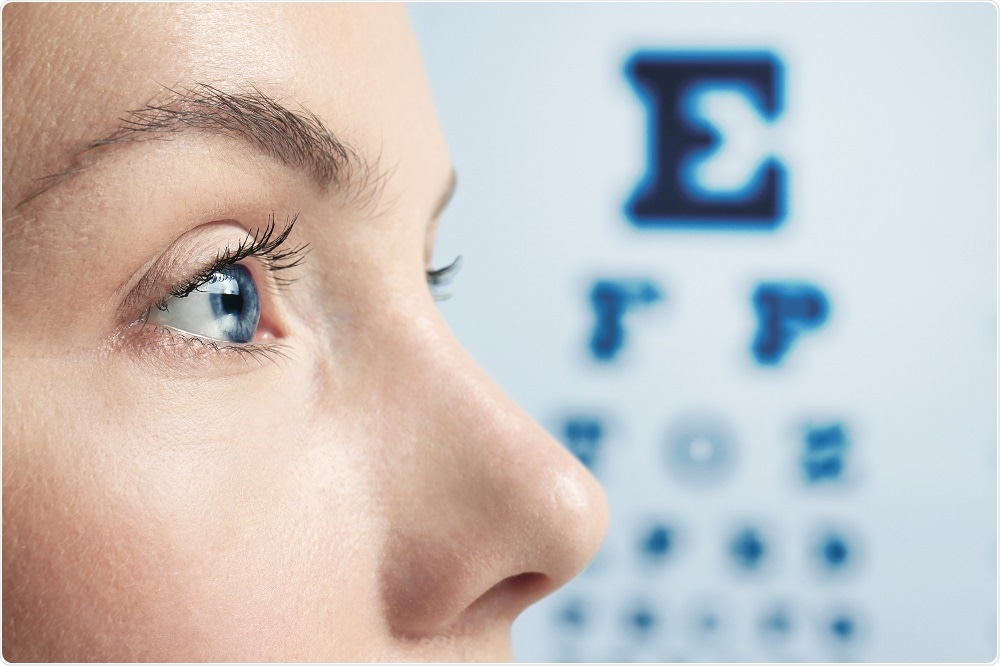For the first time in history, scientists from Newcastle University have 3D-printed human corneas, providing a potential solution to the current shortage of corneas available for transplant.
 Image Credit: Africa Studio / Shutterstock
Image Credit: Africa Studio / Shutterstock
Every year, approximately 10 million people worldwide require surgery to prevent corneal blindness caused by infections such as trachoma and around 5 million have already gone blind due to corneal scarring caused by lacerations, burns, abrasions or disease.
Corneal transplantation is one of the leading treatments for loss of corneal function, but due to its limitations, tissue engineers have been trying to create functional, synthetic corneal prostheses that can be used as an alternative.
Now, Che Connon and colleagues have used stem cells from a healthy donor cornea mixed with collagen and alginate to create a “bio-ink” that can be extruded in concentric circles to form the shape of a human cornea.
The cornea was printed using a simple, low-cost 3D bioprinter and the process took less than 10 minutes. The stem cells were then shown to grow in culture.
Many teams across the world have been chasing the ideal bio-ink to make this process feasible. Our unique gel - a combination of alginate and collagen - keeps the stem cells alive whilst producing a material which is stiff enough to hold its shape but soft enough to be squeezed out the nozzle of a 3D printer.”
Che Connon, Lead Author
Connon says the research builds on the team’s previous work in which cells were kept alive for weeks at room temperature using a similar hydrogel: “Now we have a ready to use bio-ink containing stem cells allowing users to start printing tissues without having to worry about growing the cells separately."
As reported in Experimental Eye Research, the team also showed that they could build a cornea that matches a patient’s individual specifications.
By scanning a patient’s eye, dimensions from an actual cornea could be used to quickly print a cornea of the same size and shape.
Connon says the printed corneas will need further testing and that it will be several years before the structures can be used for transplants.
"However, what we have shown is that it is feasible to print corneas using coordinates taken from a patient eye and that this approach has potential to combat the world-wide shortage."